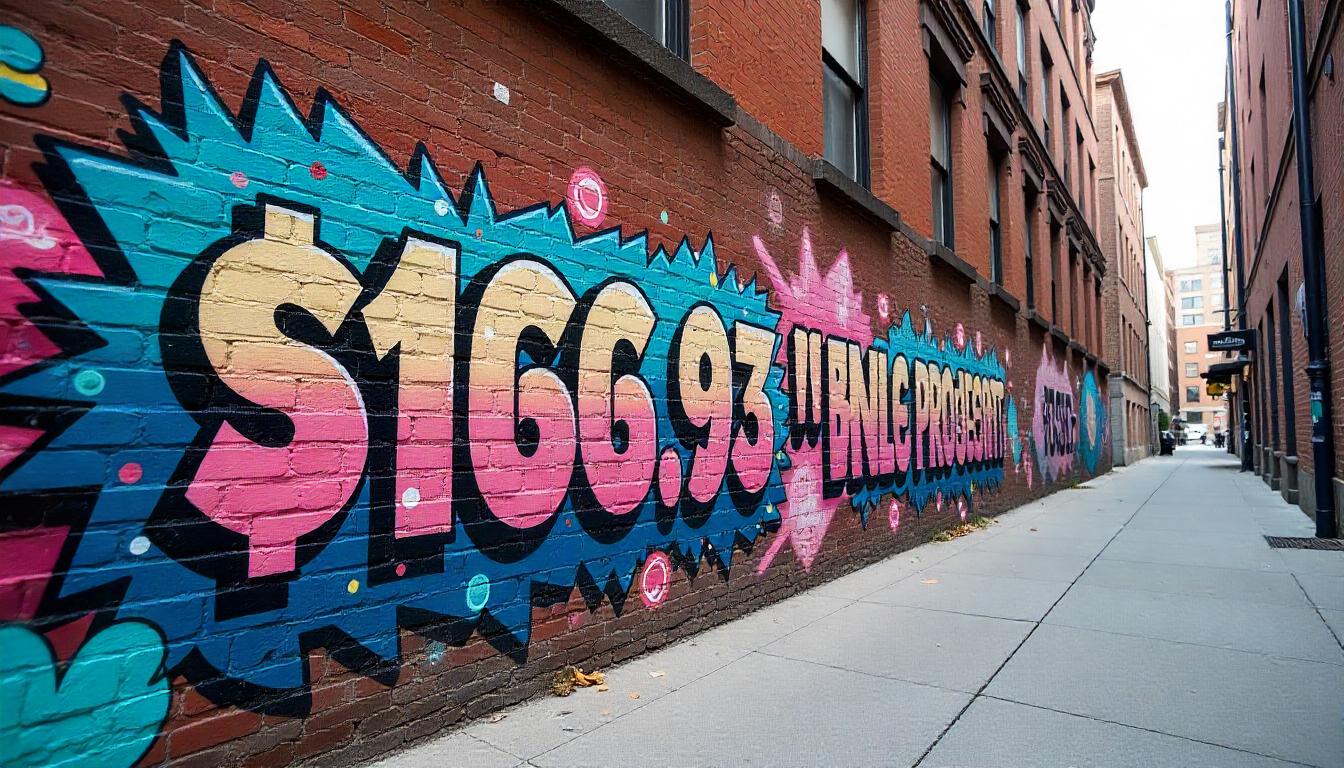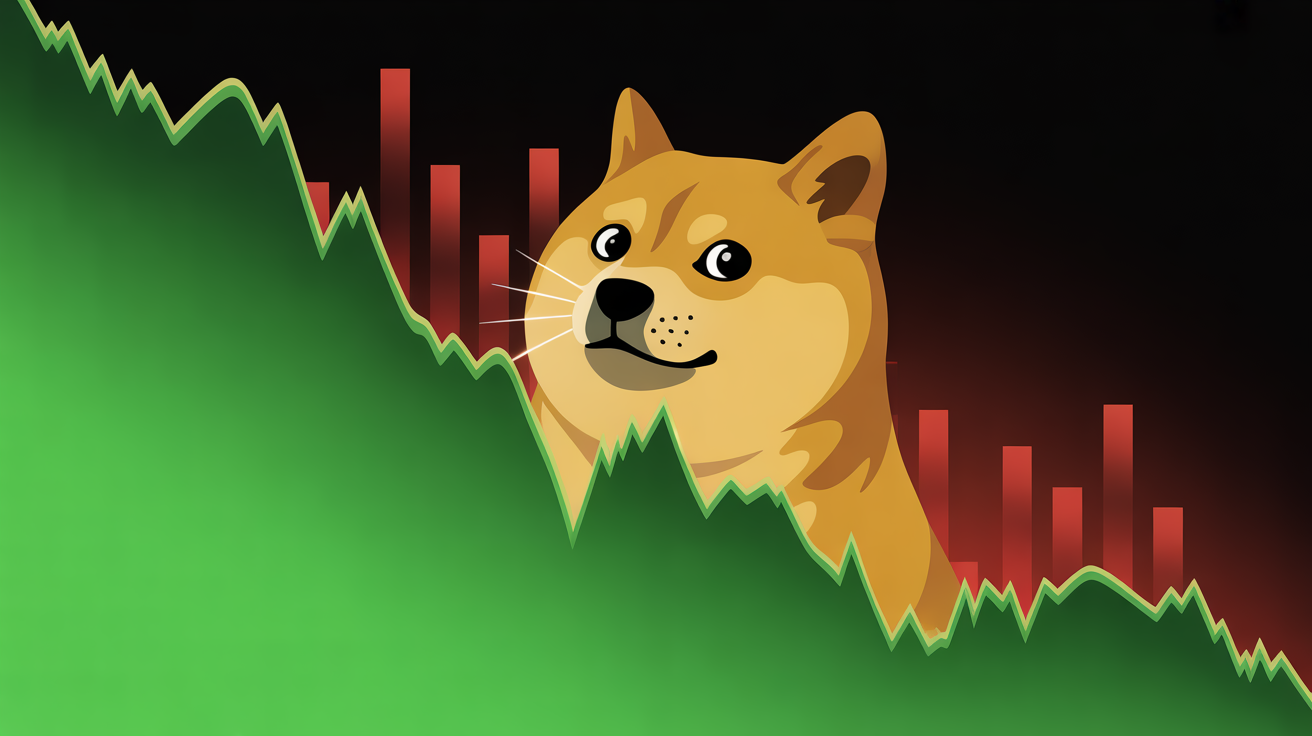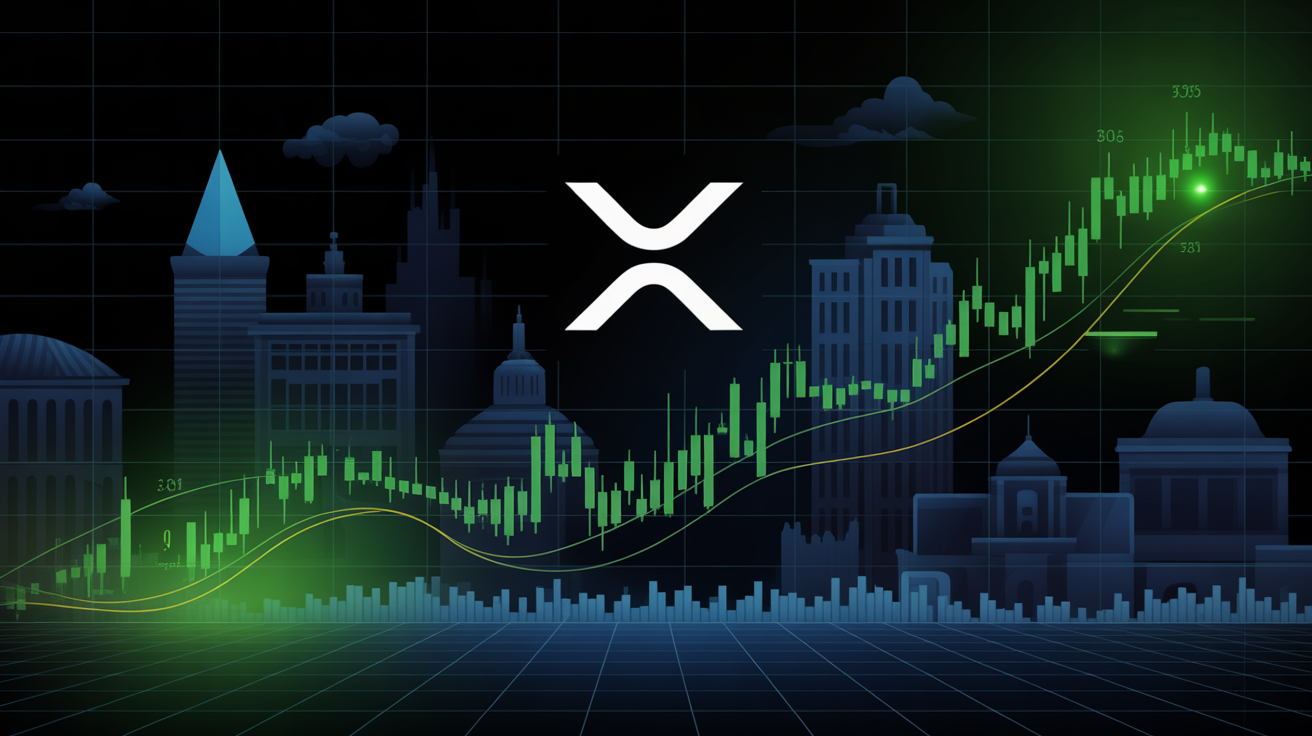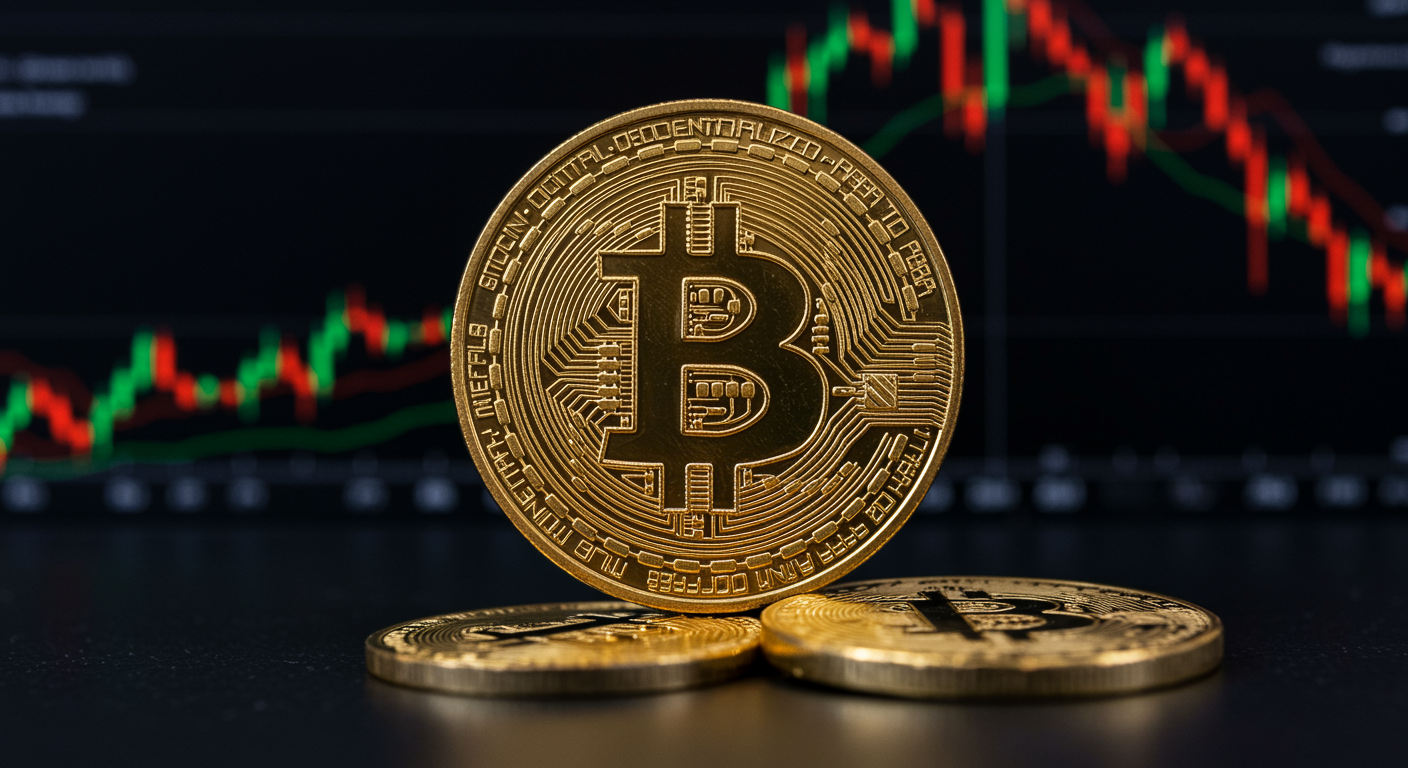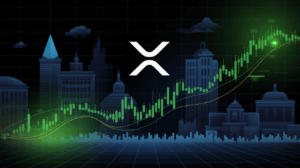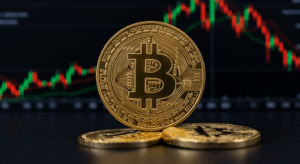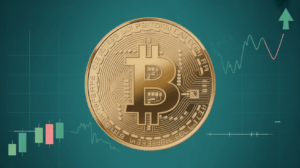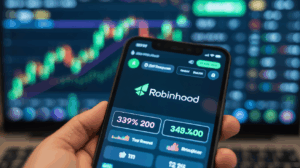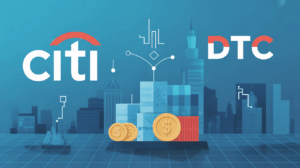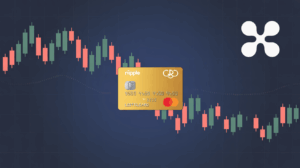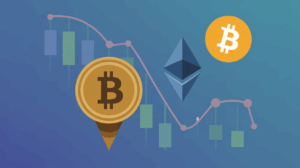Ripple, BCG Forecast $18.9T in Tokenized Assets by 2033
According to a new joint report released on Monday by Boston Consulting Group (BCG) and Ripple, the market for tokenized assets—also known as real-world assets (RWAs)—could reach a staggering $18.9 trillion by 2033. The report suggests that tokenization is nearing a “tipping point” in its adoption, with an expected compound annual growth rate (CAGR) of 53%. This projection balances between a more conservative estimate of $12 trillion and a highly optimistic forecast of $23.4 trillion by the end of the next eight years.
Tokenization refers to the use of blockchain technology to record ownership and facilitate the transfer of assets like securities, commodities, and real estate. This rapidly growing sector within the crypto space is attracting attention from traditional financial institutions looking to streamline operations, reduce settlement costs, and enable 24/7 transactions. Notable players like JPMorgan’s Kinexys platform have already processed over $1.5 trillion in tokenized transactions, while BlackRock’s tokenized U.S. dollar money market fund (BUIDL), issued in partnership with Securitize, approaches $2 billion in assets under management and is being increasingly utilized in decentralized finance (DeFi).
“The technology is ready, regulation is evolving, and foundational use cases are already being implemented,” said Martijn Siebrand, Digital Assets Program Manager at ABN AMRO, in the report.
Key Tokenization Successes and Use Cases
The report highlighted the success of tokenized government bonds, such as U.S. Treasuries, as an early example of tokenization’s potential. Corporate treasurers are now able to seamlessly convert idle cash into tokenized short-term government bonds from digital wallets, eliminating intermediaries and enabling real-time liquidity management around the clock.
Private credit markets are another promising area, allowing investors to access previously opaque and illiquid markets, offering clearer pricing and fractional ownership opportunities. Carbon markets, too, have been flagged as a promising space for tokenization, with blockchain-based registries helping to enhance transparency and traceability for emissions credits.
Challenges to Broader Adoption
Despite the promising growth in tokenization, the report outlines several challenges that must be addressed before mass adoption can occur. Key barriers include fragmented infrastructure, limited interoperability across platforms, inconsistent regulatory progress, lack of standardized smart contracts, and unclear custody frameworks. Currently, many tokenized assets settle in isolation, with off-chain cash legs limiting potential efficiency improvements. The absence of shared delivery-versus-payment (DvP) standards hampers liquidity in secondary markets.
Regulatory environments also remain inconsistent. While regions like Switzerland, the EU, Singapore, and the UAE have developed comprehensive legal frameworks for tokenized securities, markets such as India and China remain restrictive or lack clear regulations. This regulatory inconsistency complicates cross-border operations, forcing firms to customize their infrastructure for each market.
The Road Ahead for Tokenization
Despite these hurdles, early adopters are already experiencing rapid expansion. The report categorizes the tokenization process into three phases: initial adoption of low-risk, familiar instruments such as bonds and funds; the expansion into more complex products like private credit and real estate; and, ultimately, the transformation of the entire market, including illiquid assets like private equity and infrastructure. Many firms are currently in the first or second phase, and scalability will depend heavily on regulatory clarity and the maturation of infrastructure.
Tokenization is also expected to generate significant cost savings in areas such as bond issuances, real estate fund tokenization, and collateral management, which will further drive adoption. The report noted that tokenization projects can now be launched for under $2 million, while large-scale end-to-end integrations can cost up to $100 million for major institutions.
However, the report also warned that without coordinated industry efforts, the fragmentation that tokenization aims to eliminate could reemerge in the digital space. Jorgen Ouaknine, global head of innovation and digital assets at Euroclear, a major financial market infrastructure provider, emphasized the need for collaboration to prevent this outcome.
Share this content:
